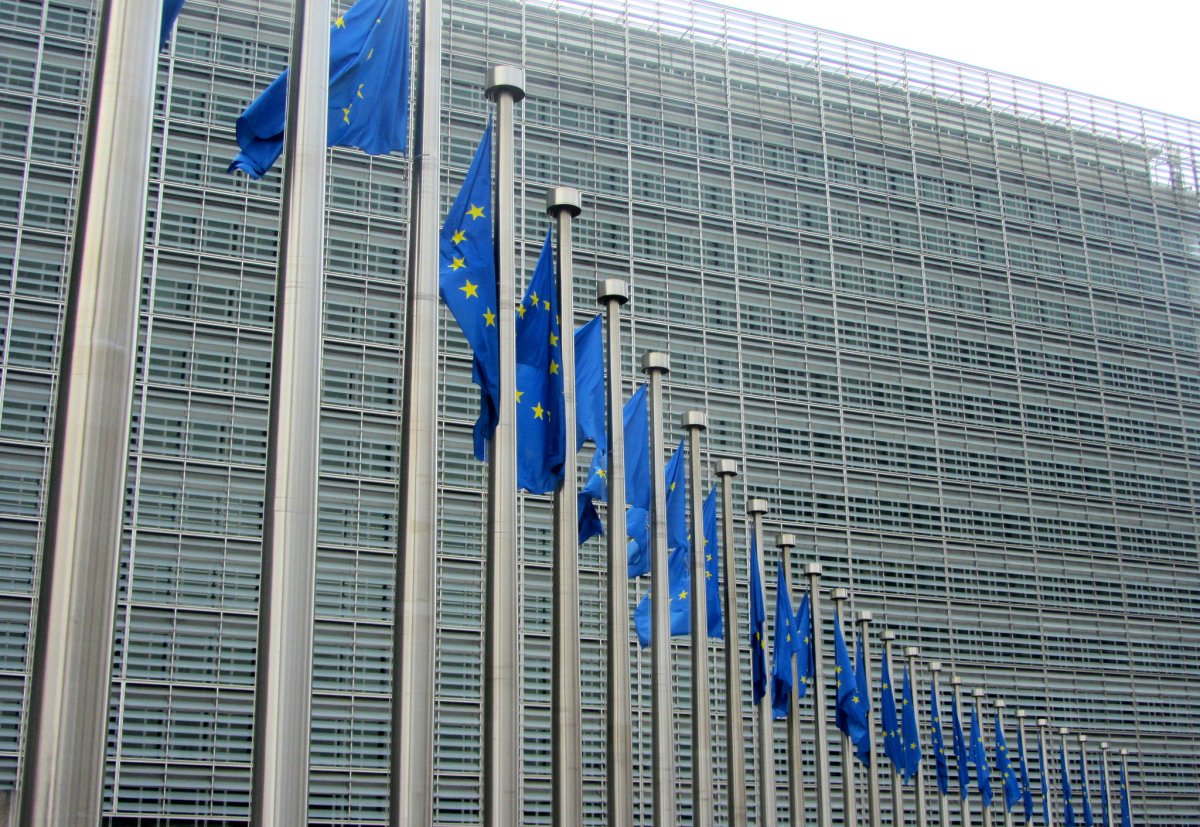EURACTIV published yesterday an allegedly leaked document of the Commission's proposal for Creative Europe in the next MFF. Culture Action Europe and the European Cultural Foundation have reacted to the document, which does not hold Creative Europe as a standalone programme. As this was their major campaigning request, along with at least 2% for culture in the next MFF budget, they renewed their call to CCS actors to immediately act by endorsing the ongoing campaigns, ASK, PAY TRUST and Let Culture Lead Us Forward and also, to write to their governments to save Creative Europe.
A New Programme Merging "Culture, Media and Union values" - Missing Data on Name and Budget
The leaked document outlines a proposal for a regulation by the European Parliament and Council to establish a new EU programme for the period 2028-2034, succeeding the Creative Europe and Citizens, Equality, Rights, and Values (CERV) programmes. The initiative aims to streamline EU interventions in culture, media, and values, addressing transnational challenges and fostering synergies across these sectors. The name and specific budget of the programme are not provided in the document. As indicated on page 8 on the Choice of the Instrument:
"The new [xxxxx Programme] builds primarily on the Creative Europe Programme (2021-2027), the Citizens, Equality, Rights and Values (CERV) Programme (2021-2027) and existing prerogative lines, bringing together EU financial support to sustain culture, media and Union values."
The proposal seeks "to contribute to reinforce Europe's societies, media and culture, and foster Union values and democratic participation and help unlock the full potential of the Union as a source of progress and growth".
To achieve that, the new programme is structured under three strands: Culture, Media+, and Union Values.
The Culture strand focuses on cross-border cultural creation, cooperation, accessibility, and the circulation of diverse cultural works, while strengthening the social, economic, and international dimensions of the cultural and creative sectors.
The Media+ strand aims to support the creation and distribution of European audiovisual works, protect media pluralism, and tackle disinformation.
The Union Values strand emphasises safeguarding fundamental rights, combating discrimination and violence, and enhancing democratic participation and the rule of law.
The proposal highlights the importance of EU-level action to address challenges such as shrinking civic spaces, threats to media freedom, and fragmentation of cultural and creative sectors. It emphasises the added value of EU funding in fostering transnational cooperation, cross-sectoral collaboration and international promotion Union values.
The programme will be implemented through direct and indirect management, leveraging existing structures like the European Education and Culture Executive Agency (EACEA). It incorporates measures to simplify access to funding, reduce administrative burdens, and ensure efficient use of resources.
The proposal also addresses digital dimensions, emphasising the use of interoperable and reusable data, adherence to cybersecurity standards, and leveraging AI technologies where applicable. It aims to support digital transformation in the cultural, media, and civic sectors, ensuring the accessibility and reusability of digital solutions.
The initiative aligns with broader EU policy priorities, including supporting societal resilience, protecting democracy, and enhancing competitiveness.
Reactions by the Ecosystem
The Culture and Creative ecosystem sees the leaked document as the continuation of existing approaches with potential for incremental improvements. While not revolutionary, the document represents an important evolution in European cultural funding strategies. Most organisations position themselves as “critical friends,” ready to engage in dialogue and push for the best possible outcomes for the cultural sector.
Culture Action Europe, in its initial reaction, appreciates the potential for simplified funding and more flexible resource allocation, but it expresses concern about maintaining the distinct identity and focus of cultural funding.
For Culture Action Europe, the potential loss of sector-specific funding, such as music, books, publishing, architecture, and heritage, raises red flags.
"While simplification is welcome, the shift toward a single monitoring framework for multiple programmes raises concerns. Using indicators or KPIs that are too rigid, irrelevant, or detached from the reality of the cultural sector could undermine the autonomy and artistic freedom that the Culture strand is meant to protect."
The organisation recognises the benefits of a more transversal approach. It notes that in sectoral approaches smaller cultural sectors may be overlooked. It underscores the uncertain future of some sector-specific programmes of clear success, such as Music Moves Europe. The proposed emphasis on artistic freedom and working conditions could potentially be a breakthrough, comments CAE, introducing social conditionality into grant applications. However, there are questions about how these principles will be practically implemented and monitored.
The organisation raises questions about budget allocation. With the current program dedicating 33% of its budget to the Culture Strand, CAE is focusing on the details of future funding levels. The uncertainty surrounding sector-specific funding and total budget creates a sense of slight apprehension. "The percentage allocated to culture is not just a number—it's a statement of European cultural policy's commitment to creativity and diversity."
“Culture, once again, risks being deprioritised despite being the very fabric that holds our democratic society together,” comments the European Cultural Foundation in a post on LinkedIn. “We urge our partners, peers, and supporters to act: call on national finance ministers to support an independent Creative Europe programme and dedicate at least 2% of the EU budget to culture,” adds the organisation and reminds everyone about the campaign and urgent call to place culture at the heart of EU policy and ensure it receives at least 2% of the next EU budget.
Find more here
Take action here
Image of “The European Commission Berlaymont Building, Brussels, Belgium” by Alex-David Baldi, CC BY 4.0








